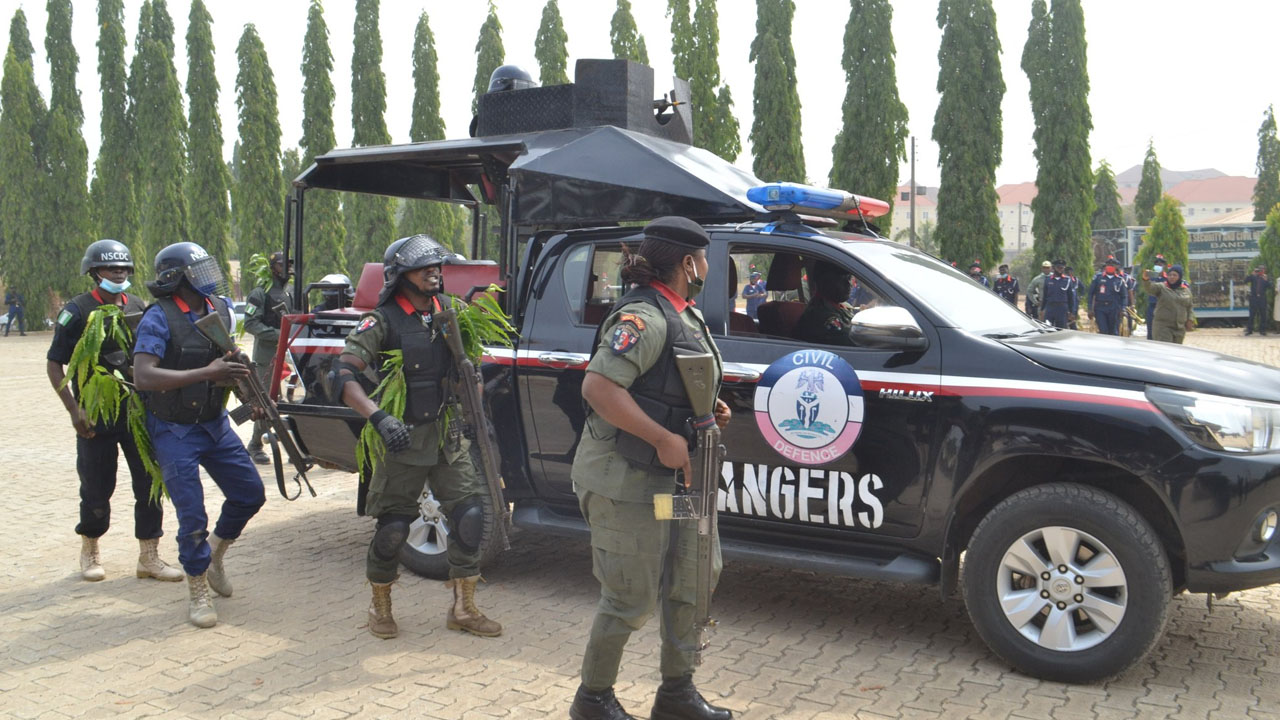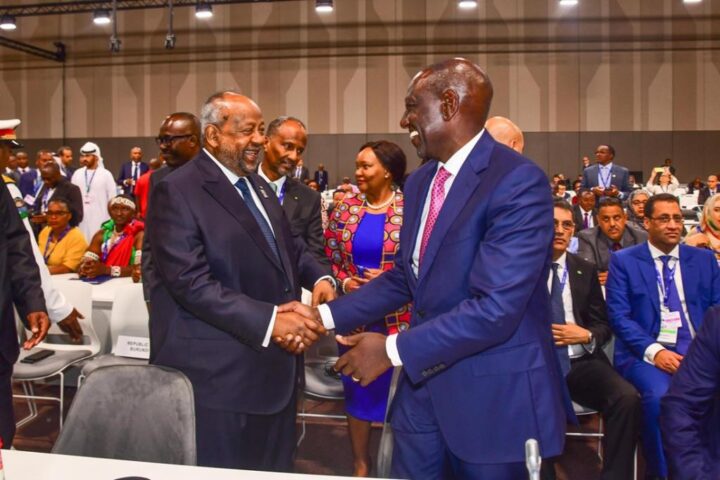One of the standout issues of 2021 in Nigeria and elsewhere was security due to its strong impact on the economy, relationships, human lives and development.
Agricultural production, schooling, public infrastructure, including healthcare facilities, have all taken the heavy beating as a result of insecurity. Unsurprisingly, the political brass all mouthed (in)security in the usual new year messages. But where are we, and how serious can we be with crime fighting? What ought to be the real message about insecurity amidst the shocking figures?
By 2017 ratings, Nigeria ranked 149 out of 183 countries on the Global Peace Index. On the global terrorism index, Nigeria raked 1st and 3rd in Africa and world respectively. In just a decade since 2011, Nigeria lost about 50 trillion naira to insecurity after spending 6 trillion over the same period to fight the malaise. Nigeria’s military budget for 2021 was N120.04 billion (about a per capita of N2400 or $8), lower than peaceful nations like Germany, Japan and Botswana. Nigeria’s security budget is also far lower than the global average of $1.76 trillion, a per capita of $220 or N88000. Apart from 2018 when military budget grew by 26.02%, there has been a steady fall since 2015, which was $2.07 billion (down 12.39% from 2014).
Join our WhatsApp ChannelAccording to a 2021 report by the Institute of Economics and Peace, Nigeria lost $132.59 (N50.38 trillion at N380/$1) which was 8% of its GDP due to growing violence, conflicts as well as cost of fighting insecurity. At least 5.1 million Nigerians are at critical risk of food insecurity due to a 21.79% jump in food inflation caused chiefly by insecurity.
Beyond economic losses, estimates show that Nigeria lost about 76000 lives to terrorism and political instability between 2011-2021, with about 5000 deaths in 2021 alone. As of 2021, ordinary Nigerians showed the most concern about robbery & muggers. Cybercrime grew at an alarming rate in 2021, and is now a flourishing employment for over 5 million of the 20 million jobless youths in Nigeria. Unfortunately, fewer than 10% of assassinations and sundry criminality had any arrests, prosecutions or convictions let alone any accounts about how arrested criminals had been on police watch list prior to commission of crime.
Without doubt, crime is also growing steadily in developed countries with the US seeing record levels in criminality recently. In 2020, murders rose 30% (5000 died) in the US, with at least 3850 deaths accomplished with firearms, making it the highest in six decades. As of the first half of 2021, murders rose 16% in the US judging by 2020 estimates. However, what is different between Nigeria and the US are the anti-crime measures and public confidence in government’s capacity to fight crime. Public outcry against unresolved killings in Nigeria may not have been so high pitched if the real causes of some of the deaths had been ascertained, at least. Instead, discussions on the majority of assassinations since 1986 have been overshadowed by eerie silence, rumours, conspiracy theories, allegations and even banters. Wither the fight against crime?
In 2017, a forensic & DNA center was opened in Lagos, the first ever in Nigeria. Following this, the Nigerian Police established similar centres in Abuja in 2019. In 2019 also, the federal government held a top-notch security meeting with service Chiefs and traditional rulers on the deployment of drones and CCTV cameras to fight crime. In January 2021, the Nigerian Police broke the ice by adopting drones to fight crime in Zamfara State. Now is the time for progress report.
A plausible measure to restore public confidence should not only be to recount the security measures in place, but also to show the progress made with them and what is being done for the future. Crime prevention cases, tracking of criminals when crime occurs, identification of criminal gangs with drones, DNA forensic technology, predictive intelligence platforms should be recurrent decimals in crime fight. This of course does not discountenance the need for trained detectives to interrogate suspected criminals. The use of local measures to deal with grassroots crime cannot also be negated. For instance, traditional rulers and aboriginal groups have a great role to play in stopping the use of narcotics and addiction to hard drugs in local communities.
De-politicization of crime fighting, prosecutions, as well as urgent steps to stem farmer-herder conflicts, attacks by bandits on communities and cybercrime are key areas for attention. Similarly, creation of jobs and support for small and medium enterprises must be a way to support technology in crime fighting. This is a potent way to demonstrate the will to fight crime. Government should also partner local technology-based firms in crime fighting and policy making. Such partnerships help to leapfrog bureaucratic hiccups in investigations, especially in the acquisition, use and upgrading of technologies such as Synthetic Aperture Radar (SAR), satellite sensors and Unmanned Aerial Vehicles (UAVs or drones).
Indeed, Prime Business Africa believes that the real security message of the new year ought to be how government’s fight against insecurity would be different. What are the tangible security measures to be taken, including measurable results?
















![Gender Activism An Economic Necessity In Africa [PBA Editorial]](https://www.primebusiness.africa/wp-content/uploads/2023/11/vaw-720x480.png)

Follow Us